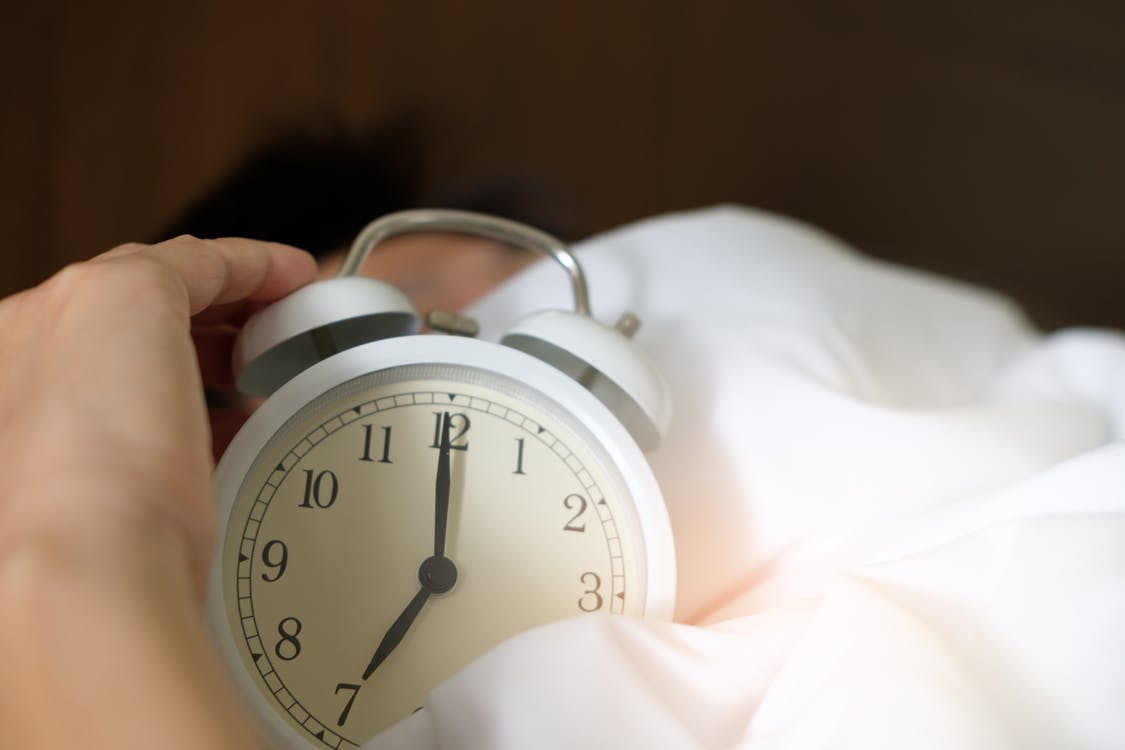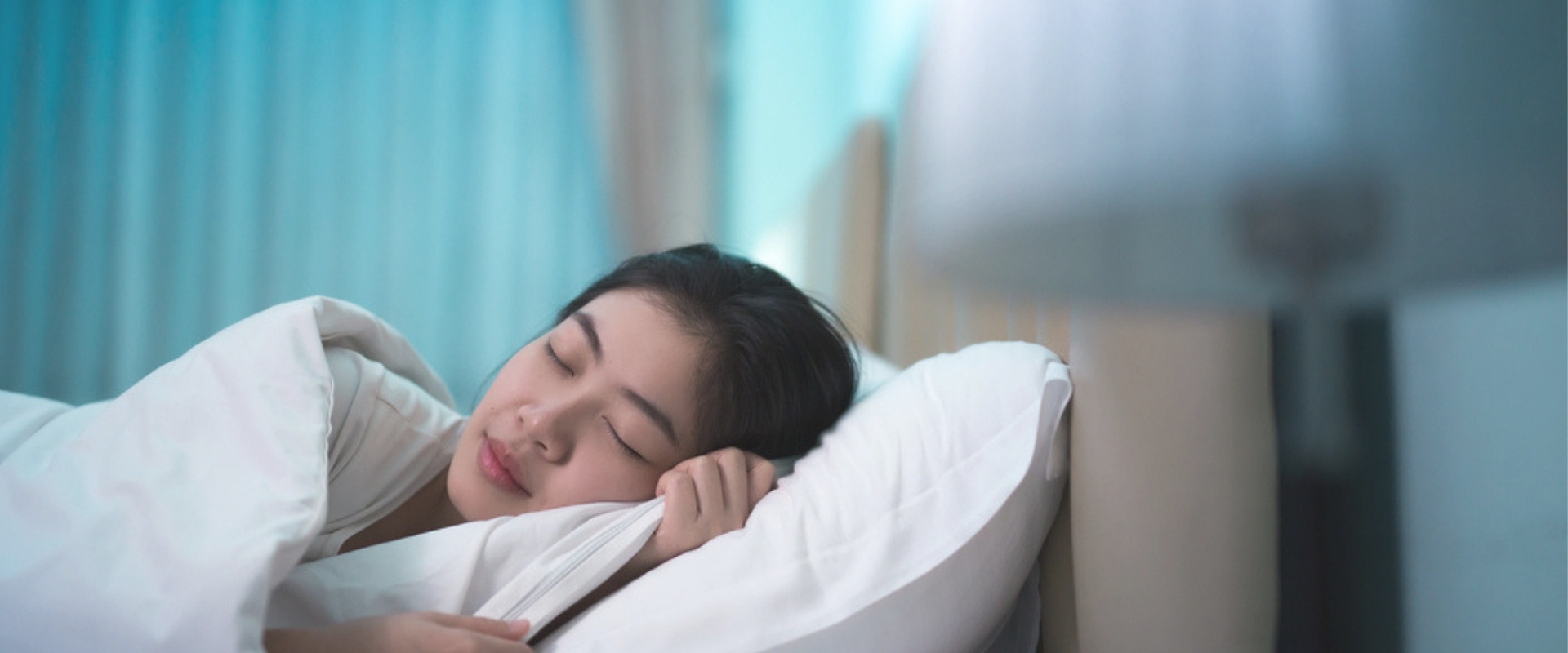Getting the right amount of sleep is an essential part of health, affecting the well-being and quality of life of individuals. Without it, our ability to think and perform diminishes, causing us to be unable to sustain normal levels of efficiency. If a person is constantly sleep deprived, he or she will constantly drift into little microsleeps which interfere with efficient mental life and interrupt skilled behaviour. As reaction time and attention span affected, accidents will also be more likely to occur in sleep deprivation.
Adequate snoozing is not only essential for our cognitive function, but other physiological processes also depend on sleep for its regulation. Sleep is physiologically essential for maintaining overall well-being and it affects almost every type of tissue and system in the body, from the brain, heart, and lungs to metabolism, immune function, mood, and disease resistance. Because of that, sleep deprivation is associated with type 2 diabetes, hypertension, obesity, and premature mortality as well as a higher incidence of mental health illnesses such as depression, anxiety, eating disorders, and dementia.

Stages of sleep
Rapid eye movement (REM) and the three non-REM stages are component of sleep that are each linked to specific brain waves and neuronal activity. During a typical night, your sleep cycle through all stages of non-REM and REM several times with increasingly longer, deeper REM towards the morning.
Stage 1: The eyes close, the person relaxes, the waking brain-wave alpha rhythms disappear and are replaced by less regular low amplitude waves.
Stage 2: Mental activity is mundane, with wandering thoughts. A person can be easily aroused from this stage.
Stage 3: Referred to as delta sleep, brain waves are slow. This is a deeper stage of your slumber, in which the muscles relax and the body temperature and pulse rate drop.
Stage 4: REM sleep from which a person is very difficult to awaken. The brain waves are deeper and slower. The sleep pattern ascends to stages three or two, or go to the next type of sleep after 30-90 minutes, referred to as REM or paradoxical sleep. During this stage vivid dreaming occurs and the eyes move rapidly from side to side.

As we age, our nap requirement changes but generally, most adults need 7-9 hours of sleep at night while school-age children and teens on average need about 9.5 hours of dozing per night. Babies require as much as 16 to 18 hours per day to boost growth and development.
Practising good sleep hygiene can help you to obtain better sleep quality. Sleep hygiene refers to practices and habits that are necessary for quality snooze. Introducing good hygiene in your bedtime habit can encourage better sleep. You can start with these simple tips:
1. Follow a sleep schedule
Being consistent reinforces your body's sleep-wake cycle. Try to be in bed and wake up the same time every day. Set aside no more than eight hours for slumber, with seven as the minimum. On weekends, try not to deviate more than one hour from your weekday schedule.
2. Establish a regular relaxing bedtime routine
Invest your time in a regular relaxing routine such as taking a warm bath, reading a book or light stretches. This helps the body to recognize that it’s bedtime. A hot bath aids your overnight rest as dilated blood vessels radiate inner heat, consequently causing your core body temperature to drop. To successfully initiate sleep, your core temperature needs to drop about 1C.

3. Avoid foods and stimulants before bed
Don't go to bed hungry or stuffed. In particular, avoid heavy meals in less than four hours before bedtime. Your discomfort might keep you awake.
Nicotine, caffeine and alcohol deserve caution. The stimulating effects of nicotine and caffeine take hours to wear off and can wreak havoc on quality sleep. While it is known to help you fall asleep faster, too much alcohol close to bedtime can disrupt sleep in the second half of the night as the body begins to process the alcohol.
4. Create a conducive environment
Eliminate any distractions such as light-emitting screen and create a conducive sleep environment by keeping your bedroom cool, dark and quiet. Comfortable mattress and pillows, blackout curtains, eye shades, ear plugs, fans and other devices that can make the bedroom more relaxing.
Interestingly, even industries catering to the provision of a ‘good night’s sleep’ focus on comfort measures to improve sleep quality. Hotel surveys, for example, have shown that customer satisfaction improves more with sleep comfort and quality than attention to lobby design. As a result, hotels have upgraded mattresses, provide a variety of pillow options, and installed blackout shades/curtains, individual temperature controls and soundproof walls. The airline industry, likewise, provides earplugs, eye masks, socks, and blankets on long trips to maximize the comfort of its passengers and to promote sleep.
5. Limit daytime naps
Long daytime naps can interfere with nighttime sleep. If you choose to nap, limit yourself to up to 30 minutes and avoid doing so after 3 pm. If you work nights, however, you might need to nap late in the day before work to help make up your sleep debt.
6. Include physical activity in your daily routine
Regular physical activity and sun exposure can promote better sleep. As little as 10 minutes of aerobic exercises, such as walking or cycling, can make a difference but avoid exercise less than three hours before bed. If you prefer indoor facilities, exercise in the gym and allocate times to get some fresh air later.

7. Manage your stress
Stress management and meditation might help improve your sleep quality. Try to resolve your worries or concerns before bedtime by organizing your thoughts with pen and papers. Write down your thoughts and plan tomorrow tasks according to priorities. Yoga, which can be a useful physical activity to improve your sleep and can also serve well to manage your anxiety and stress load. There are also plenty of meditation apps out there- have you heard of Headspace?
Bottom Line
Although most sleep difficulties can be resolved through managing sleep hygiene, a frequent sleeping problem may indicate a more serious underlying issue. Contact your doctor if you often have trouble sleeping. Your health insurance plans may help you obtaining the necessary interventions for your condition.
Bumrungrad International Hospital in Bangkok have a comprehensive clinic for the diagnosis and treatment of sleep disorders. The Sleep Lab offers a holistic approach to understand your quality of sleep.
Identifying and treating any underlying causes can help you get the better sleep you deserve.
Sweet Dreams!
.png)

